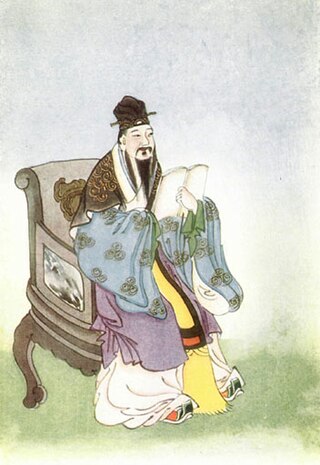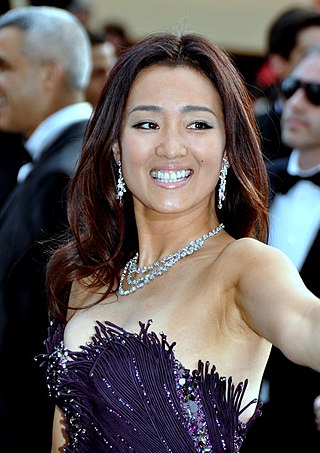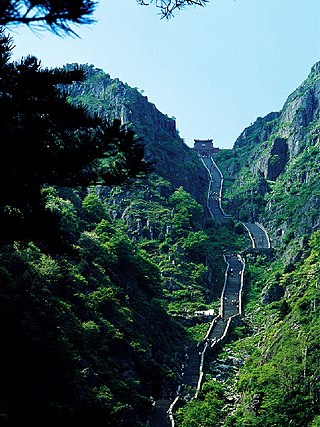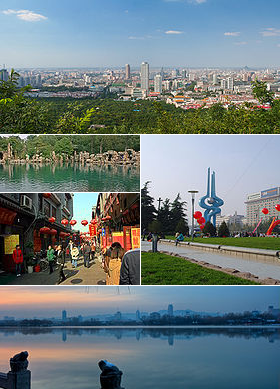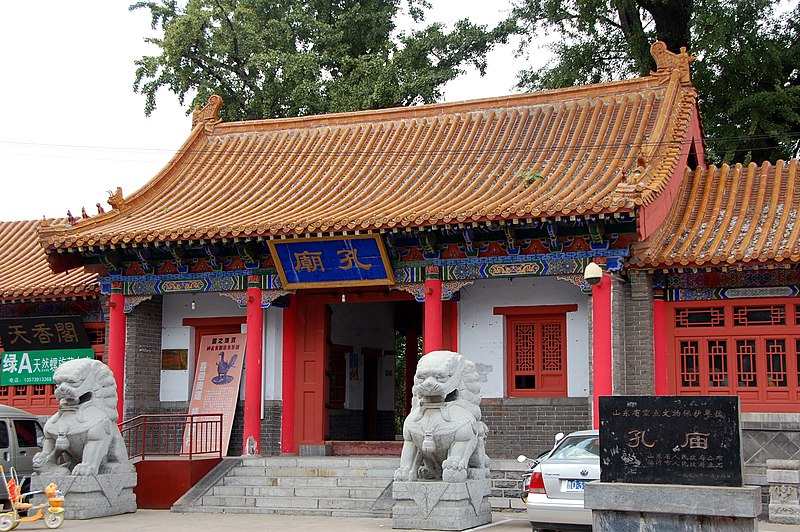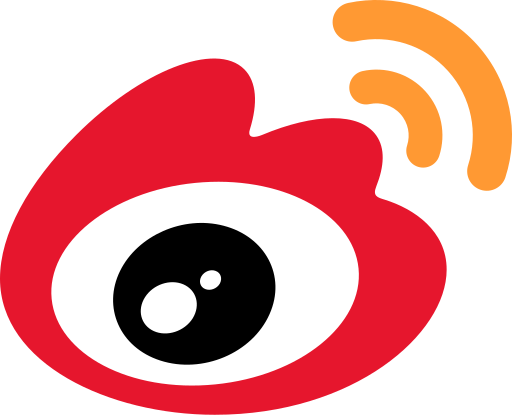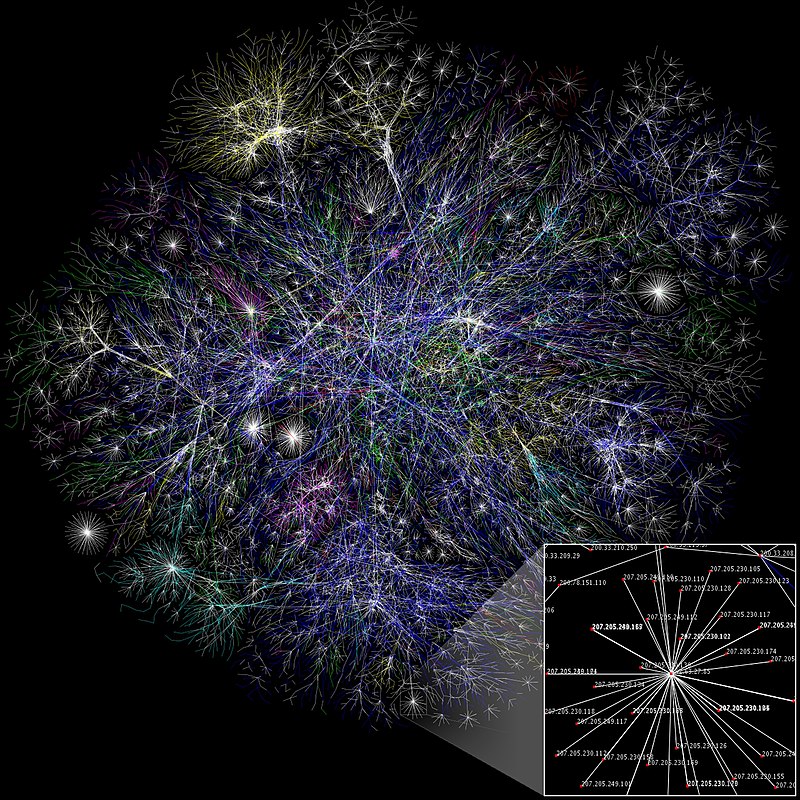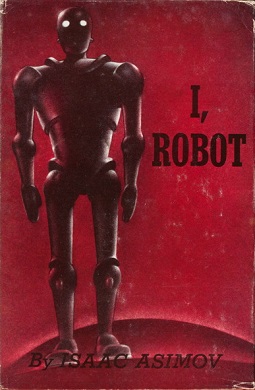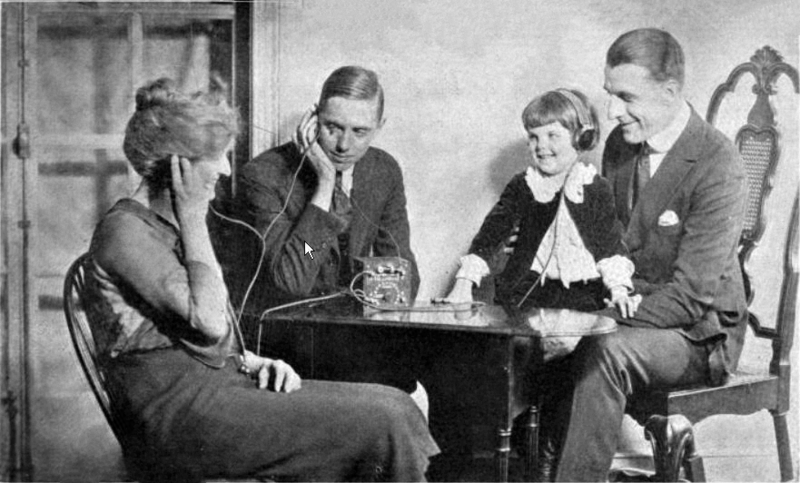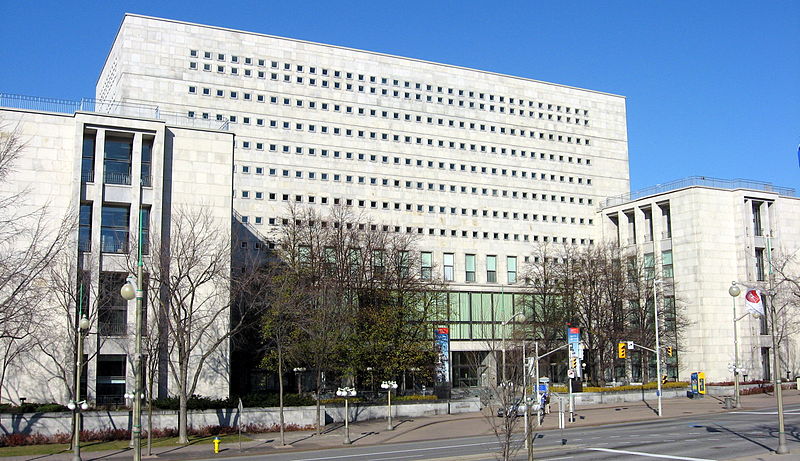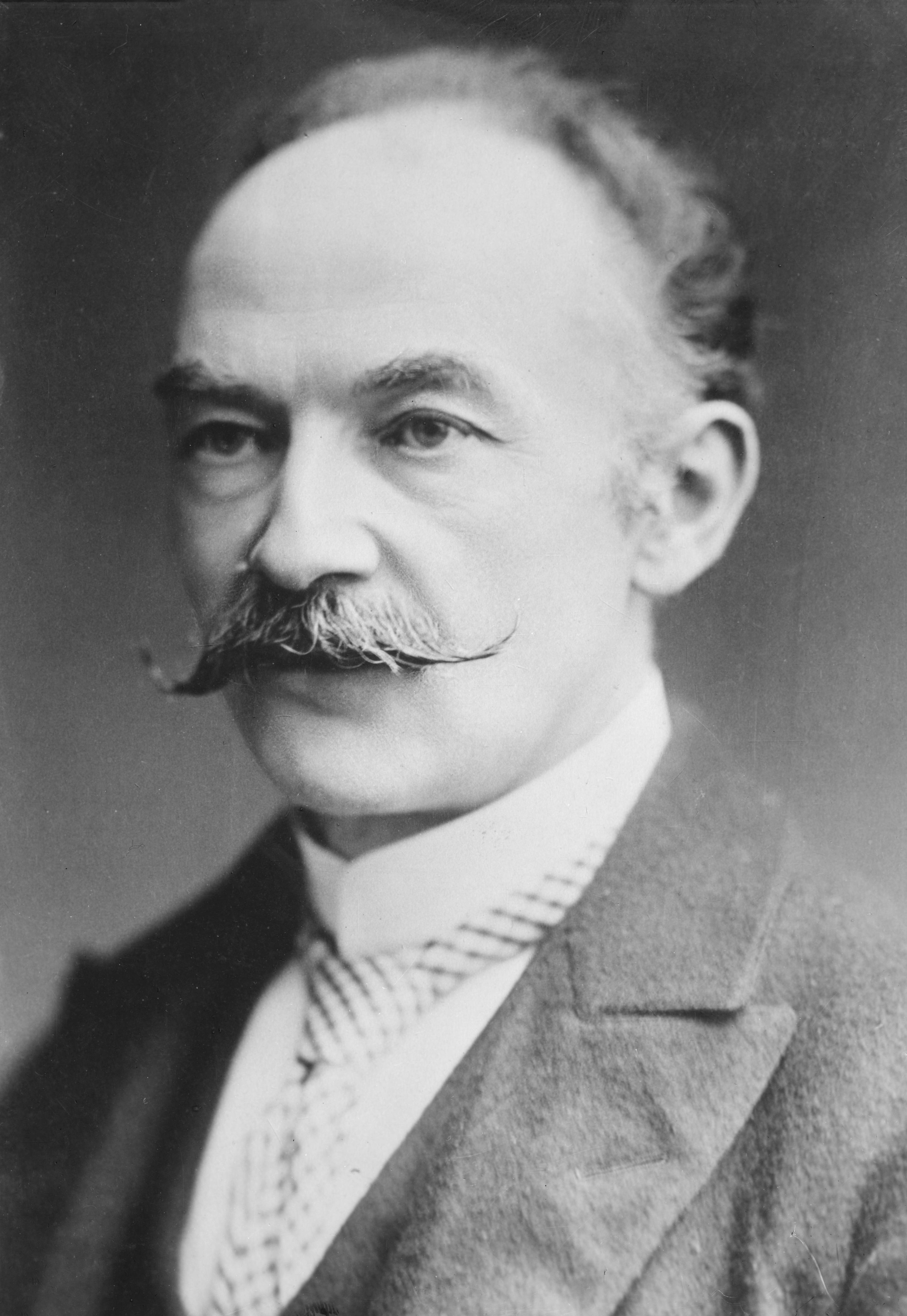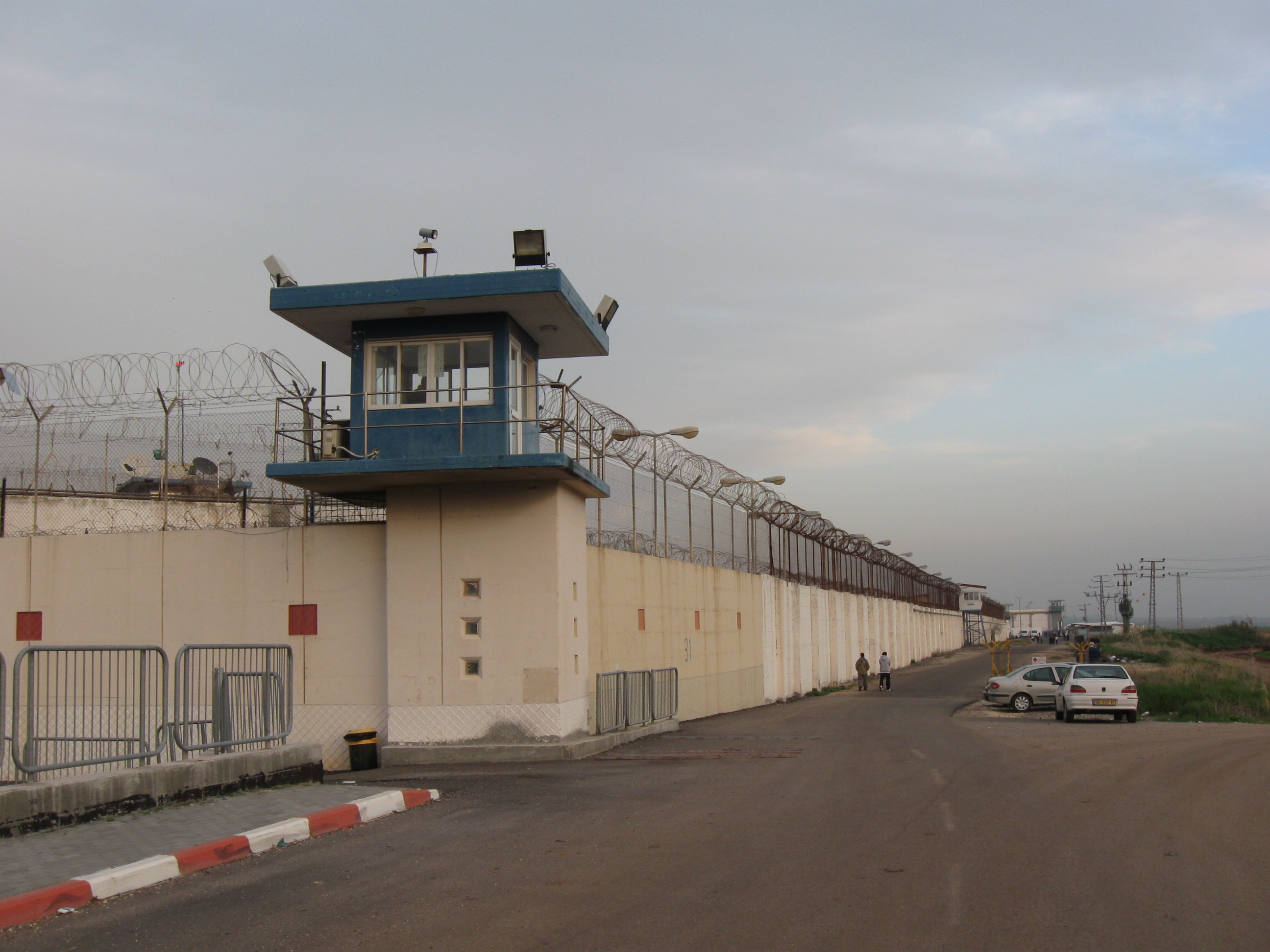Landschlacht, Switzerland, 28 September 2017
Celebrities ARE different.
They get more public attention and media exposure than we do.
They usually have far more wealth than we do.
Some achieve celebrity status through their successful careers in sports or entertainment or politics.
Some become famous due to media attention on their lifestyle, wealth or controversial actions, or for their connection to another famous person.
And rewarding mere mortals godlike celebrity status is not a new thing.
Athletes in ancient Greece were welcomed home as heroes, had songs and poems written in their honour, and received free food and gifts from those seeking celebrity endorement.
Ancient Rome also glorified actors and gladiators.

Some have had to die to achieve fame.
In the early 12th century, Thomas Becket (1119 – 1170) became famous following his murder.

He was promoted by the Roman Catholic Church as a martyr and images of him and scenes from his life became widespread in just a few years.
And in a pattern often repeated throughout history, what started out as an explosion of popularity, or mania, turned into longlasting fame.
In the case of Becket, pilgrimages to Canterbury Cathedral where he was murdered became instantly fashionable and the fascination with his life and death has inspired many plays and films.
The cult of personality (particularly in the West) can be traced back to the Romantics in the 18th century, whose livelihood as artists and poets depended on the currency of their reputation.
(Which makes Johann Wolfgang von Goethe´s (1749 – 1832) escape from his fame (somewhat) in Germany to make his Italian Journey (1786 – 1788) even more remarkable.)

Above: Goethe in the Roman countryside
The establishment of cultural hotspots became an important factor in the process of generating fame.
Newspapers started gossip columns and certain clubs and events became places to be seen in order to receive publicity.
With the global spread of the movie industry in the 20th century, we now have the familar concept of the instantly recognizable faces of its superstars.
Yet, celebrity status wasn´t always tied to film actors, when cinema was starting out as a medium.
“In the first decade of the 20th century, American film companies withheld the names of film performers, despite requests from audiences, fearing that public recognition would drive performers to demand higher salaries.”
(Paul McDonald, The Star System: Hollywood´s Production of Popular Identities)
Public fascination went well beyond the on-screen exploits of movie stars and their private lives became headline news.
Television and popular music brought new forms of celebrity, such as the rock star and the pop group, as shown by Elvis Presley or the Beatles.
Above: The Beatles (clockwise from top left: John Lennon, Paul McCartney, Ringo Starr and George Harrison)
John Lennon´s (1940 – 1980) highly controversial 1966 quote:
“We´re more popular than Jesus now.”
….which he later insisted was not a boast, and that he was not in any way comparing himself with Christ, gives an insight into both the adulation and notoriety fame can bring.
Unlike movies, television created celebrities who were not primarily actors, like presenters, talk show hosts and news readers.
Still only a few of these have broken through to a wide stardom.
The book publishing industry began to persuade major celebrities to put their names on autobiographies (many ghost written) and other titles to create a genre called celebrity publishing.
Cultures and regions with significant populations have their own independent celebrity systems, with their own distinct hierarchies.
Outside of Switzerland, who knows DJ Bobo?

Above: D J Bobo
Outside of German-speaking parts of Europe, who knows Michelle Hunziger?
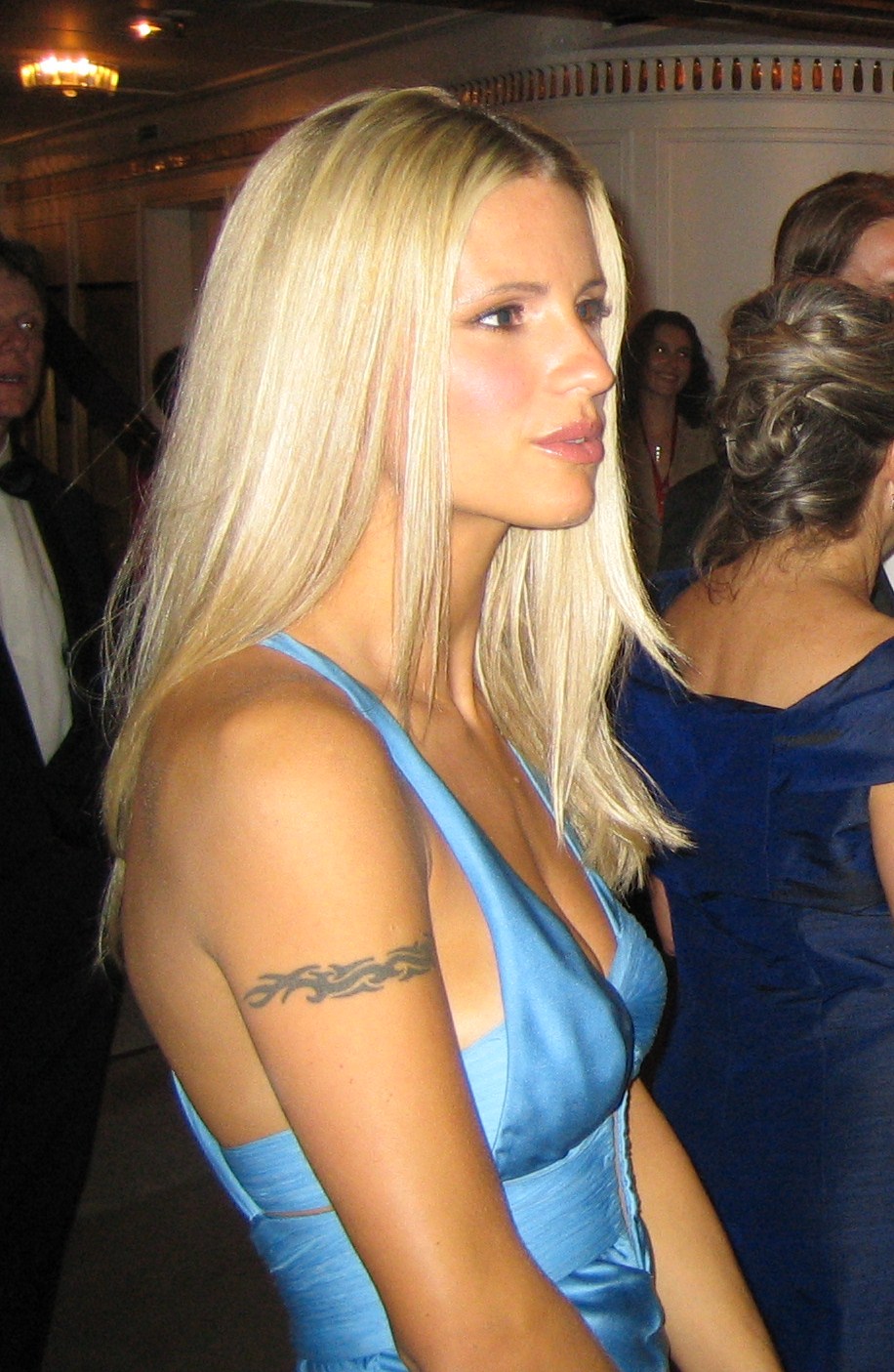
Above: Swiss-born TV hostess/actress/model/singer Michelle Hunziger
Outside of Quebec, who remembers Mitsou?

Above: Canadian actress/singer Mitsou Gélinas
Regions within a country, or cultural communities (linguistic, ethnic or religious) can also have their own celebrity systems.
Regional radio personalities, newcasters, politicians or community leaders may be local or regional celebrities, much like my foster cousin Steve, a local athlete, is instantly recognisible within the confines of Argenteuil County in Quebec, Canada, but mostly unknown beyond there.

Above: Canadian athlete Steve O`Brien
In politics, certain politicians are recognisable to many people, usually Presidents or Prime Ministers.
Yet only the heads of state who play a major role in international politics have a good chance of recognisability beyond their country´s borders.
Do you know who the Prime Minister of Luxembourg is and would you recognise him/her on the street?

Above: Xavier Bettel, Prime Minister of Luxembourg since 2013
But, because so much media attention is brought to bear on the US President, Donald Trump has become, unfortunately, world famous.

In contrast, some people are more famous under their official titles rather than their actual names, such as the Pope or the Dalai Lama.
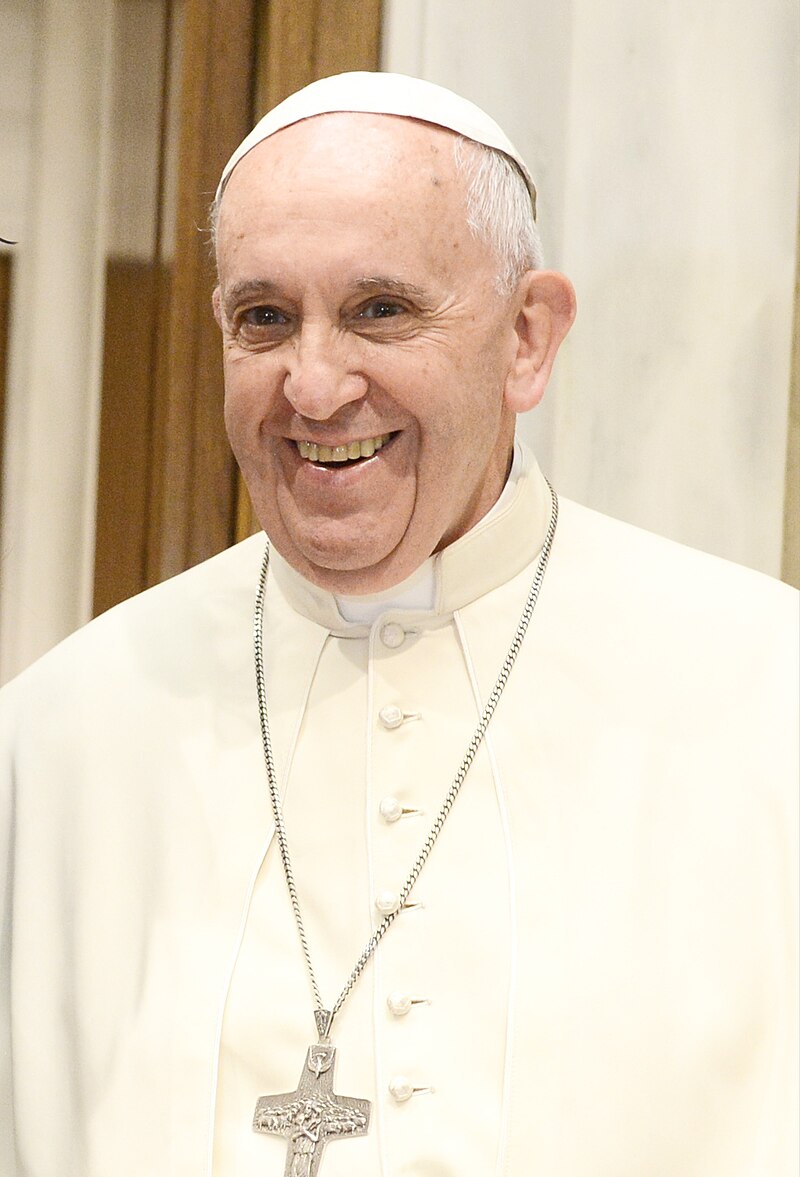
Above: Jorge Mario Bergoglio, aka Pope Francis
Do you know the Pope´s birth certificate name? The Dalai Lama´s?

Above: Lhamo Thondup aka the 14th Dalai Lama
Some politicians remain famous even decades or centuries after they were in power, because of the historical deeds associated with their names and kept in memory in history classes, like Julius Caesar, Genghis Khan, Napoleon Bonaparte, Abraham Lincoln, etc.
Scandal can also make people famous, regardless of how accomplished they were in their chosen professions.
Who can tell me what were the legislative accomplishments of Anthony Wiener or can you only recall his exposing himself and sexting?
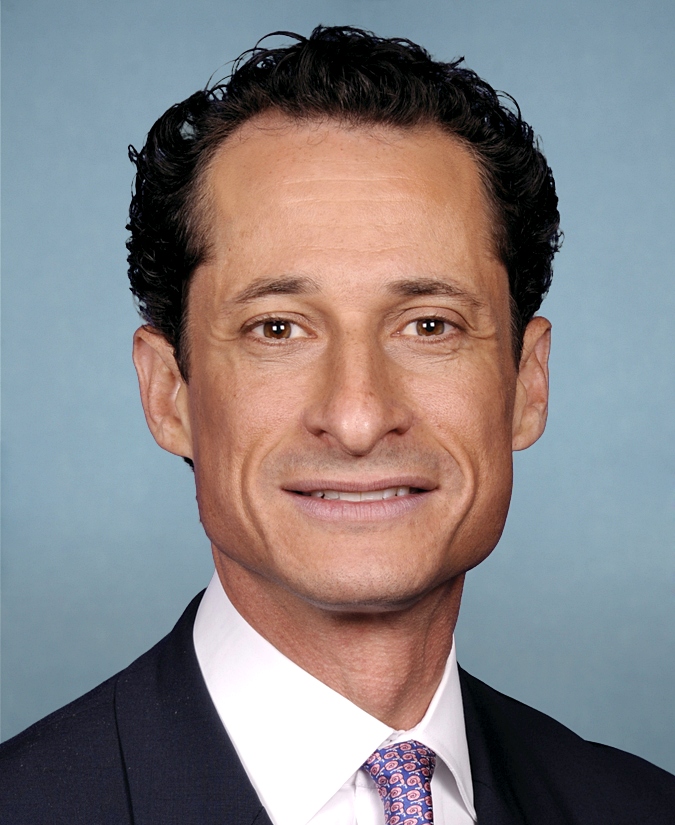
Above: Anthony David Weiner, US Congressman (1999 – 2011)
Some things are associated with fame, like appearing on the cover of Time, being spoofed by Mad, having a wax statue in Madame Tussauds or receiving a star on the Hollywood Walk of Fame.
Some people are well known even to folks unfamilar with the area in which the celebrity excelled.
I never followed boxing, but I know the names Muhammed Ali and Mike Tyson.
Even those who aren´t interested in art, recognise Pablo Picasso.
The unscientific know Albert Einstein.
Even criminals become famous if their crimes are sensational enough.
Celebrities often have fame comparable to royalty.
Some celebrities are hated for being celebrated, and due to their high visibility the successes and shortcomings of even their private lives are made very public.
Celebrities are also portrayed as glowing examples of perfection, as possessing skills and abilities beyond average people, beyond us mere mortals.
Even those celebrities with limited education or experience are viewed as experts on complicated issues and some have been very vocal with their political views regardless of their understanding of these views.
And sometimes it is a person´s celebrity status that can bring an issue´s importance into the spotlight with the public and the media.

It is believed that because very few people can become celebrities, this must mean that those that do must be superior to those who, for many reasons, cannot become famous.
It is a fallacy, but a manic belief nonetheless.
Lago di Como, Italia, 1 August 2017
We had booked three nights at the Convento San Antonio Bed & Breakfast, and I was determined that Ute (my wife) would not drive our car except between accommodation stops.
We had driven a lot the previous day and it had been a frustrating and hot drive along the western shore of Lago di Como to arrive in the city of Como.
(See Canada Slim and the Evil Road, Canada Slim and the Apostle of Violence, and Canada Slim and the Road to the Open of this blog for details of that first day.)
So I hoped that Ute (and I, of course) could relax and enjoy our vacation if we were not bound to our Peugeot throughout the trip.
Of all the lakes that Italy possesses, it is the forked Lago di Como that comes most heavily praised.

Marie Henri Beyle first set foot on the shores of Lago di Como (also known as Lago Lario) as a 17-year-old conscript under Napoleon.
Years later, as Stendhal, he wrote in La Chartreuse de Parme that the blue-green waters of the Lake and the grandeur of the Alps made it the most beautiful place in the world.

Above: Stendhal (1783 – 1842)
The hordes of Italian and foreign tourists who have flocked here ever since suggest that Stendhal was onto something.
Wordsworth thought it “a treasure which the Earth keeps to itself.”

Above: English Romantic poet William Wordsworth (1770 – 1850)
Today, despite the influx of tourists, the Lake is still surrounded by abundant vegetation and zigzagging across the water on a steamer still seems ridiculously romantic.
And Como, come summertime, is packed out with British and German tourists.
Now I understand how Italians can be both puzzled and delighted by us, the foreign visitors, the peaceful invaders.
There are over 20 million of us every year and we still keep coming.
Nothing stops us.
Nothing frightens us.
We are a flood that never dries up.
We come from all over.
We are well-fed, self-satisfied and well-behaved.
We follow urges we cannot explain.
Italy once experienced first hand never loses its charms.
We are never satiated by the sights, climate, food, music and life.
The cities of Italy are emptied of Italians, save those who cater to we dusty and perspiring tourists.
Rough Guide Italy does not sing Como´s praises, describing it as “a rather dispiriting place to arrive, with little of the picture-postcard prettiness you would expect from a lakeside town.
As the nearest resort to Milano and a popular stopoff on the main road into Switzerland, Como is both heavily touristed and fairly industrialised.”
Lonely Planet Italy describes Como:
“Elegant Como, 50 km north of Milano, is the main access town to the Lake and sits at the base of the 146 sq km body of water.
Como has relatively few attractions in its own right, although the lakeside location is stunning, its narrow pedestrian lanes are a pleasure to explore and there are numerous bars and cafés where you can relax with a cold drink on a balmy day.”
Ferries operated by Como-based company Navigazione Lago di Como crisscross the Lake year-round.
We buy a map “The Villas Seen from the Lake”, so from the boat we will able to identify the many villas and interesting places that one can see from the Lake, from Como to Bellagio on the east bank and from Como to Griante on the west.
The rows of villas seem endless.
So many Villas!
Villa Carminati Scacchi, Villa Saporiti (“the Rotunda” and Napoleon´s residence during his stay in Como in 1797)….
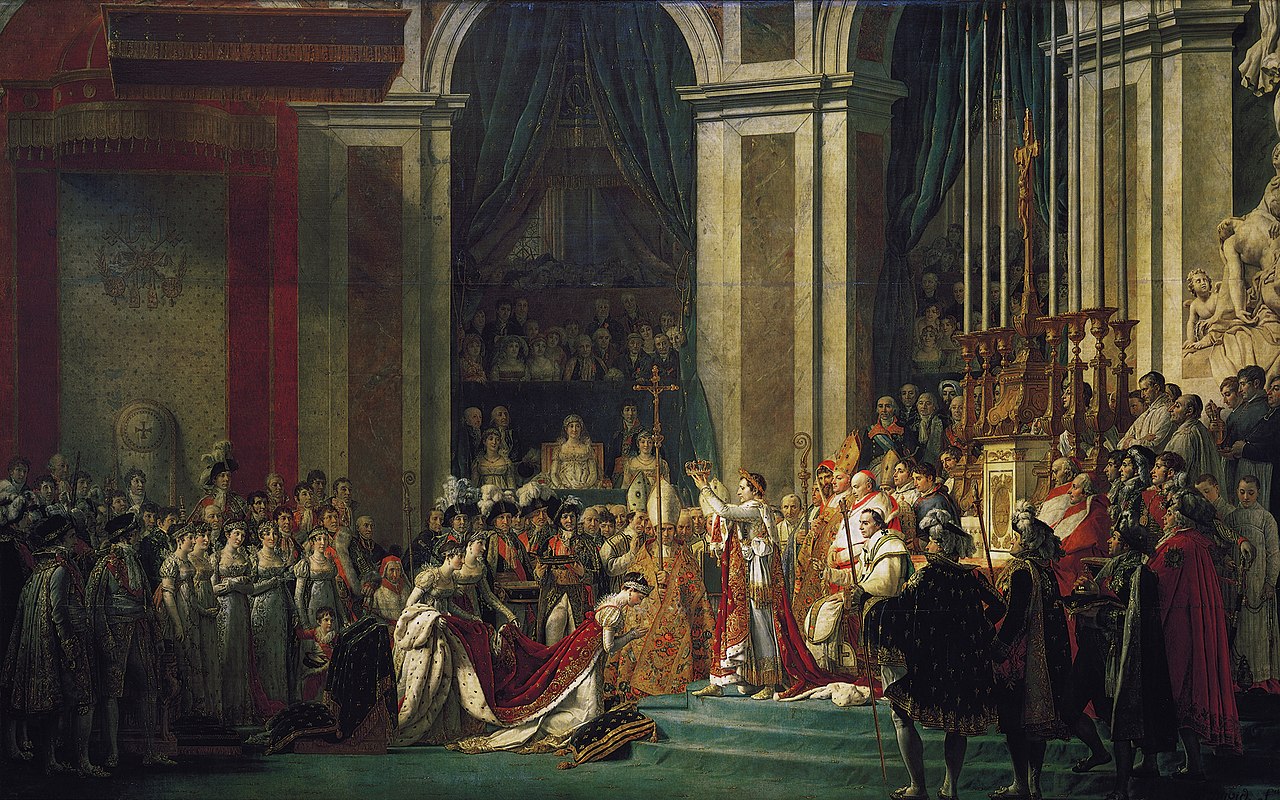
Above: The Coronation of Napoleon Bonaparte (1769 – 1821), 2 December 1804
Villa Gallia, Villa Parravicini Thaon de Revel, Villa Pisa Colli Canepa, Villa Geno (a former hospital and convent of the Humiliati Friars), Villa Volonté….
Villa Olma (host to kings and queens and emperors and Garibaldi who unified Italy. Here Garibaldi fell in love with Josephine, a daughter of the owner of the Villa. Their marriage lasted…30 minutes!)….

Above: Giuseppe Garibaldi (1807 – 1882)
Villa Mirabella, Villa Pisani Dossi (built by the Italian writer Carlo Dossi, including the famous “porch of friends” with columns engraved with the names of important artists close to Dossi)….

Above: Carlo Dossi (1849 – 1910)
Villa Troubetzkoy (“the Swiss Chalet” built by Russian Prince Alexander Troubetzkoy and used after he had been sentenced to six years of hard labour in Siberia for an attempt on the Tsar´s life), Villa Sforni, Villa Dozzio, Villa Cademartori (once owned by the Artaria family, publishers of the compositions of Mozart, Haydn, Beethoven, etc)….
Villa Taglioni (built in 1840 by Marie Taglioni, the famous dancer who invented ballet “en pointe”, who once was so rich she also possessed five palaces by the Grand Canal in Venezia, but lost her fortune when her father made poor investments. She died penniless in Marseille.)….

Above: Marie Taglioni (1804 – 1884)
Then….
Day 2 of our vacation was turning out to be the Quest for George Clooney.

Above: American actor George Clooney
Villa Erba in Cernobbio, west bank of the Lake, was built in 1894 by the grandparents of the famous director Luchino Visconti.
Some important scenes of Ocean´s 12, the 2001 film starring George Clooney, Julia Roberts, Brad Pitt and Catherine Zeta-Jones, were shot here.

The boatload of passengers were suitably impressed.
Villa Allamel, Villa Belgioioso Schouvaloff (in Blevio, east bank of the Lake, built by Russian Prince Schouvaloff and owned today by casino prince Oleg Boyko. It once belonged to Cristina Trivulzio Belgioioso, an exceptional woman who, despite failing health, led a very interesting and adventurous life, working hand in hand with those who fought to release Italy from Austrian rule.)….

Above: Cristina Belgioiso (1808 – 1871)
Villa Cima (where the noble intellectual beauty, rich and refined Vittoria Cima della Scala once lived), Villa Belvedere (belonged to the Imbonati Family, whose grandson, the famous Italian writer, Alessandro Manzoni spent many happy summers)….
And on and on…
Till the mind could not take in any more Villas and the tales they harboured.
Then the boat threatens to tip to one side as we all rush to get a glimpse of Villa Oleandra, to the left of the church of Laglio, owned by George Clooney (and his wife (his 2nd marriage) human rights lawyer Amal Alamuddin, of British-Lebanese heritage), near the former residence of Italian author Ada Negri.

Above: Villa Oleandra

Above: Julia Roberts with George and Amal Clooney at the 2016 Cannes Film Festival
Why did Mr. American Apple Pie buy property in Italy?
We foreigners don’t just come to Italia.
We keep coming back.
Hollywood actors like Clooney come and stay, because the US Internal Revenue Service (IRS) wants more money from him than he feels they deserve.
He wants the reassurance of noble surroundings, to show off his excellent taste, his genius, his charisma and importance in a land that still appreciates such things.
He does not realise that Italians treat him as one treats children, with courtesy and sympathy.
But the reality of being Italian is too disturbing, too difficult, too mysterious, too undefinable, for folks like George or myself.
A boatload of female fans were disappointed as George was not seen.
The women still love George, at least those over 30.
George Timothy Clooney, born 6 May 1961, exactly 4 years and 8 days before yours truly, is an American actor, director, producer, screenwriter, activist, businessman and philanthropist.

He has received three Golden Globes and two Academy Awards for his work in Hollywood.
His rise to fame came when he played Dr. Doug Ross on NBC´s medical drama ER (1994 – 1999).

His first major Hollywood role was in the horror-comedy-crime thriller From Dusk till Dawn, co-starring Harvey Keitel.

He then increased his profile in the romantic comedy One Fine Day (with Michelle Pfeiffer), the action-thriller The Peacemaker (with Nicole Kidman), the superhero movie Batman and Robin (with Arnold Schwarznegger, Uma Therman and Chris O`Donnell), crime comedy Out of Sight (with Jennifer Lopez) and the war satire Three Kings all while still on contract to ER.

After leaving ER, Clooney starred in the disaster drama The Perfect Storm, the adventure comedy O Brother, Where Art Thou?, and the heist comedy Ocean´s 11 – Clooney´s most successful film with him in the lead role.

Clooney made his directorial debut in the 2002 film Confessions of a Dangerous Mind, based on the autobiography of TV producer Chuck Barris.
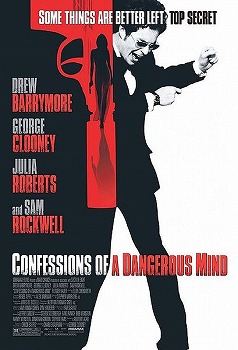
He then starred in Syriana, a story based loosely on former CIA Agent Robert Baer´s memoirs of his Service in the Middle East.
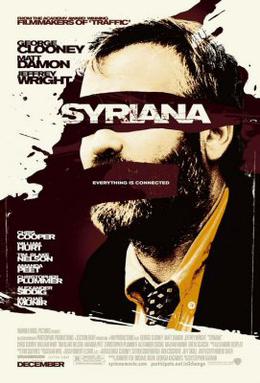
He then directed, produced and starred in Good Night, and Good Luck, a film about 1950s TV Journalist Edward R. Murrow´s famous war of words with Senator Joseph McCarthy.
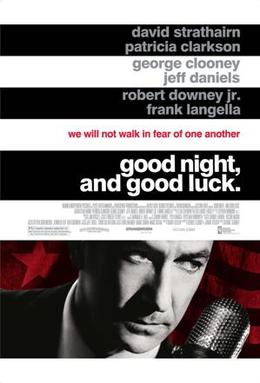
Clooney next appeared in the film noir The Good German set in post WW2 Germany, then in the legal thriller Michael Clayton.

He directed and starred the sports comedy Leatherheads, costarred with Ewan McGregor and Kevin Spacey in the war parody The Men Who Stare at Goats, starred in the comedy-drama Up in the Air, produced and starred in the thriller The American, starred in the drama The Descendants, and in the political drama The Ides of March, and produced the thriller Argo.
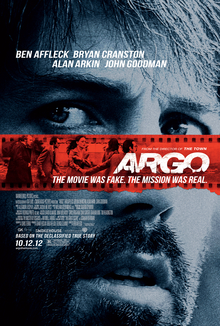
He co-starred with Sandra Bullock in the science fiction thriller Gravity, co-wrote, directed and starred in the WW2 thriller The Monuments Men, produced August: Orange County (starring Meryl Streep and Julia Roberts), starred in science fiction adventure Tomorrowland and in the 1950s Hollywood spoof Hail, Caesar!, reunited with Julia Roberts for Money Monster and directed Suburbicon (starring Matt Damon and Julianne Moore).
![]()
Clooney is the only person in Academy Award history to be nominated for Oscars in six different categories: Best Picture, Best Actor, Best Supporting Actor, Best Director, Best Original Screenplay and Best Adapted Screenplay.
Clooney has appeared in commercials outside the US for Fiat, Nespresso, Martini vermouth, and Omega.
Clooney was named one of Time magazine´s “100 Most Influential People in the World” (2007, 2008, 2009) and has been described as one of the most handsome men in the world.
TV Guide ranked Clooney #1 on its “50 Sexiest Stars of All Time” list. (2005)
He has been parodied by South Park and American Dad.
Director Alexander Cartio made his debut feature film, Convincing Clooney, about a LA artist who, faced with rejection as an actor and screenwriter, tries to get Clooney to star in his first-ever low-budget short film.

As an activist, Clooney supported President Obama´s campaigns in both the 2008 and 2012 presidential elections.

He is a supporter of gay rights.
In 2003, he opposed the Iraq War, saying:
“You can´t beat your enemy any more through wars.
Instead you create an entire generation of people seeking revenge.
Our opponents are going to resort to car bombs and suicide attacks because they have no other way to win.
I believe Donald Rumsfeld thinks this is a war that can be won, but there is no such thing anymore.

Above: Donald Rumsfeld, 13th and 21st US Secretary of Defense (1975-1977 and 2001-2006
We can´t beat anyone any more.”
In 2016, Clooney endorsed Hillary Clinton for the presidential election.

He is involved with Not On Our Watch Project, an organisation that focuses global attention and resources to stop and prevent mass atrocities.

He organised the telethon Hope for Haiti Now after the 2010 earthquake.
Clooney performed with Martin Sheen and Brad Pitt in Dustin Black´s play 8, re-enacting the federal trial that overturned California´s Proposition 8 ban on same sex marriage, raising money for the American Foundation for Equal Rights.
Clooney advocated a resolution of the Dafur conflict, spending ten days in Chad and Sudan making the TV special “A Journey to Dafur” reflecting the situation of Darfur´s refugees, with proceeds donated to the International Rescue Committee.
He spoke to the UN Security Council to ask the UN to find a solution to the conflict and to help the people of Dafur, and he visited China and Egypt to ask both governments to pressure Sudan´s government.

Above: Flag of the United Nations
He sent an open letter to German Chancellor Angela Merkel, calling on the European Union to take decisive cction in the region given the failure of Sudanese President Omar al-Bashir to respond to UN Resolutions.
He narrated and produced the documentary Sand and Sorrow and also appeared in the documentary Dafur Now.
The United Nations announced Clooney´s appointment as a UN Messenger of Peace in 2008.
Clooney initiated the Satellite Sentinel Project to monitor armed activity for signs of renewed civil war between Sudan and South Sudan and to detect and deter mass atrocities along the border regions there.
Clooney is an avid supporter of the recognition of the Armenian Genocide and is one of the chief associates of the 100 Lives Initiative, a project which aims to remember the lives lost during the event.
He has urged various American government officials to support the United States´ recognition of the Armenian Genocide and he visited Armenia to commemorate the 101st anniversary of the event in April 2016.
In May 2015, Clooney told the BBC that the Syrian conflict was too complicated politically to get involved in and he wanted to focus on helping the refugees.
In March 2016, George and Amal met with Syrian refugees living in Berlin to mark the 5th anniversary of the conflict, before meeting with Mrs. Merkel to thank her for Germany´s open door policy.
All of this about George was unknown by the ladies on our boat and, quite frankly, I don´t think they would have cared to know.
As access to celebrities is strictly controlled by their entourage of staff, including managers, publicists, agents, personal assistants and bodyguards, this makes it difficult for even journalists to have access to them.
We on the boat knew that most of us would never meet George face to face in our lifetimes.
Still I don´t envy George.
While being famous offers some advantages such as wealth and easier access to things that are more difficult for non-famous people to access – like the ability to easily meet other famous or powerful people – being famous comes with the disadvantage of creating conditions in which the celebrity finds himself acting in superficial, inauthentic fashion.
Being famous means a life without anonymity, often without privacy.
And a private persona that is different from the public persona that the celebrity created can lead to difficulties in accepting the celebrity for the person he/she really is.
But ironically there remains a strong public curiosity about celebrities´ private affairs.
George´s love life prior to his marriage to Amal interested a great many people and….
George has dated.
A lot.
He has dated actress Kelly Preston, actress Talia Balsam, porn star Ginger Lynn Allen, French TV personality Céline Balitran, British model Lisa Snowdon, actress Renée Zellweger, actress Krista Allen, dating reality personality Sarah Lawson, Italian actress Elisabetta Canalis, wrestling diva Stacy Kiebler and finally his present wife Amal Alamuddin.

Above: Italian actress/model Elisabetta Canalis
And why not?
Women have found him attractive, both physically and socially.
Perhaps the ladies gawking and craning their necks to shore hoped to see George without his shirt, but perhaps the recent births of twins to George and Amal has kept him secluded inside the Villa Oleandra….
Or inside his main home in Los Angeles….
Or in his home in Los Cabos, Mexico, next door to supermodel Cindy Crawford….
Or in his new home, the Mill House, on an island in the River Thames at Sonning Eye in England.
The ladies aboard sailed past the Villa Oleandra disappointed but not surprised.
I met a celebrity only once in my life, riding the same elevator as myself, riding up to do separate interviews for CBC Radio inside the Chateau Laurier in Ottawa, Canada.

Former Canadian Prime Minister Joe Clark and I had little to say to one another and I am certain his meeting me was quickly forgotten.

Above: Joe Clark, 16th Prime Minister of Canada (1979 – 1980)
And I am certain that whatever it was that I said in my stunned surprise was both unintelligible and unintelligent.
And I am certain that if George Clooney ever crossed my path I would have absolutely no idea what it is I would say to him.

Above: Amal and George Clooney, 2016 Berlin Film Festival
But considering that my wife has always lusted after George since she first began watching ER I think I would say:
“George, thanks for keeping your shirt on.”
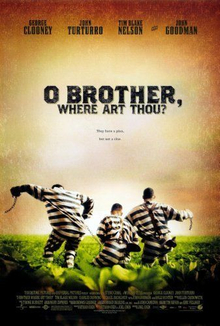
Sources: Wikipedia / Rough Guide Italy / Lonely Planet Italy






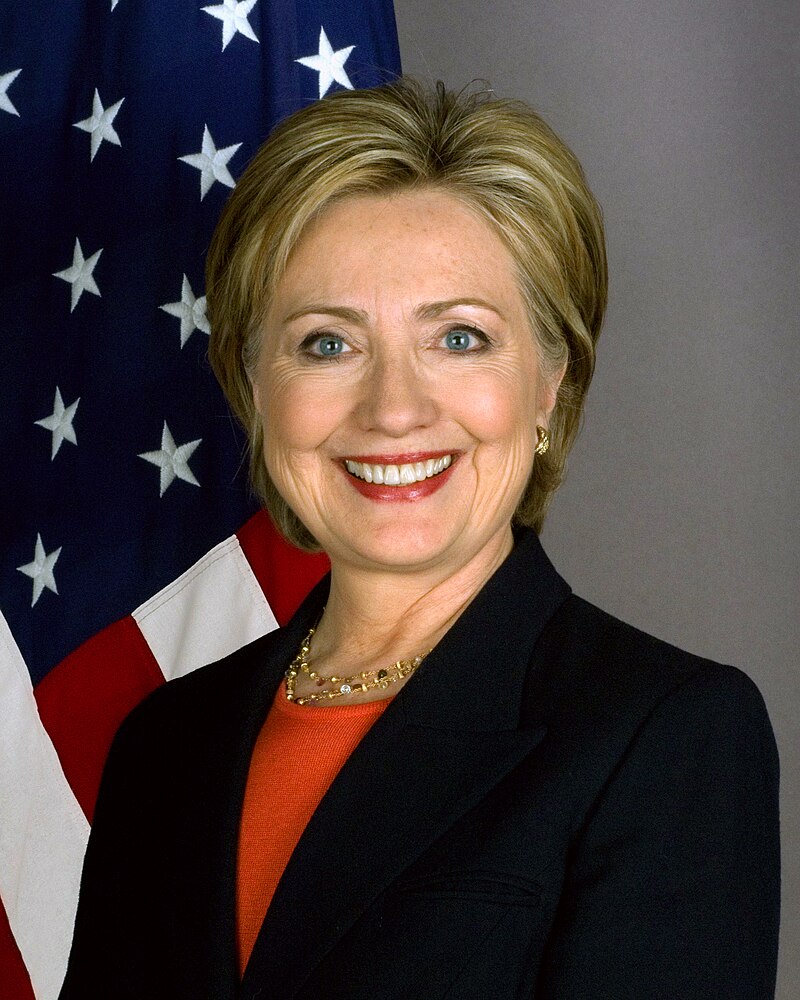

















 Above: Logo of the University of Calgary
Above: Logo of the University of Calgary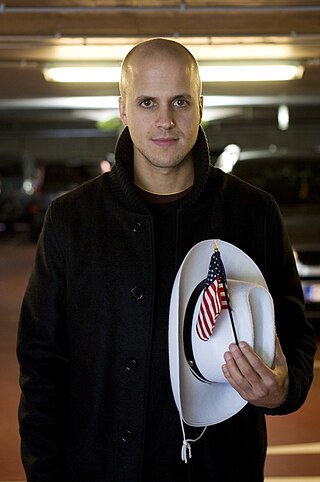
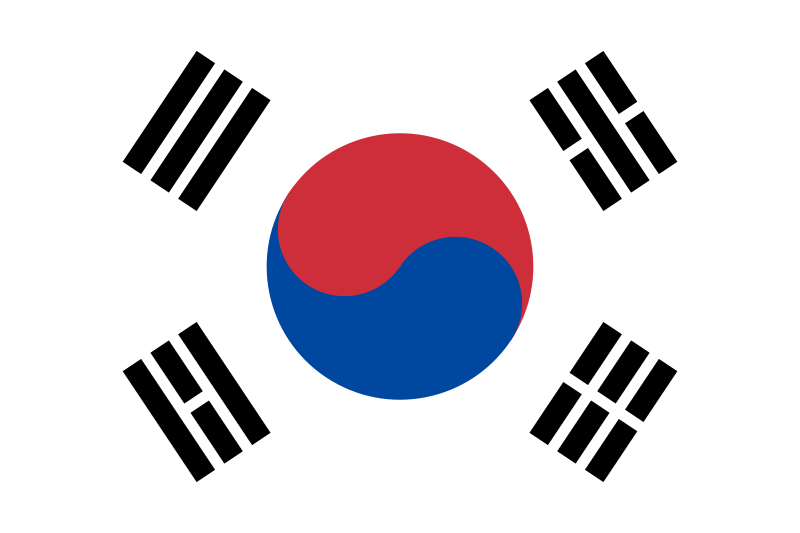


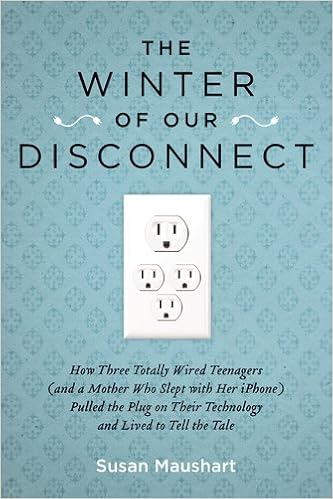


![Black Standard[1]](https://upload.wikimedia.org/wikipedia/commons/thumb/2/28/AQMI_Flag_asymmetric.svg/800px-AQMI_Flag_asymmetric.svg.png)







